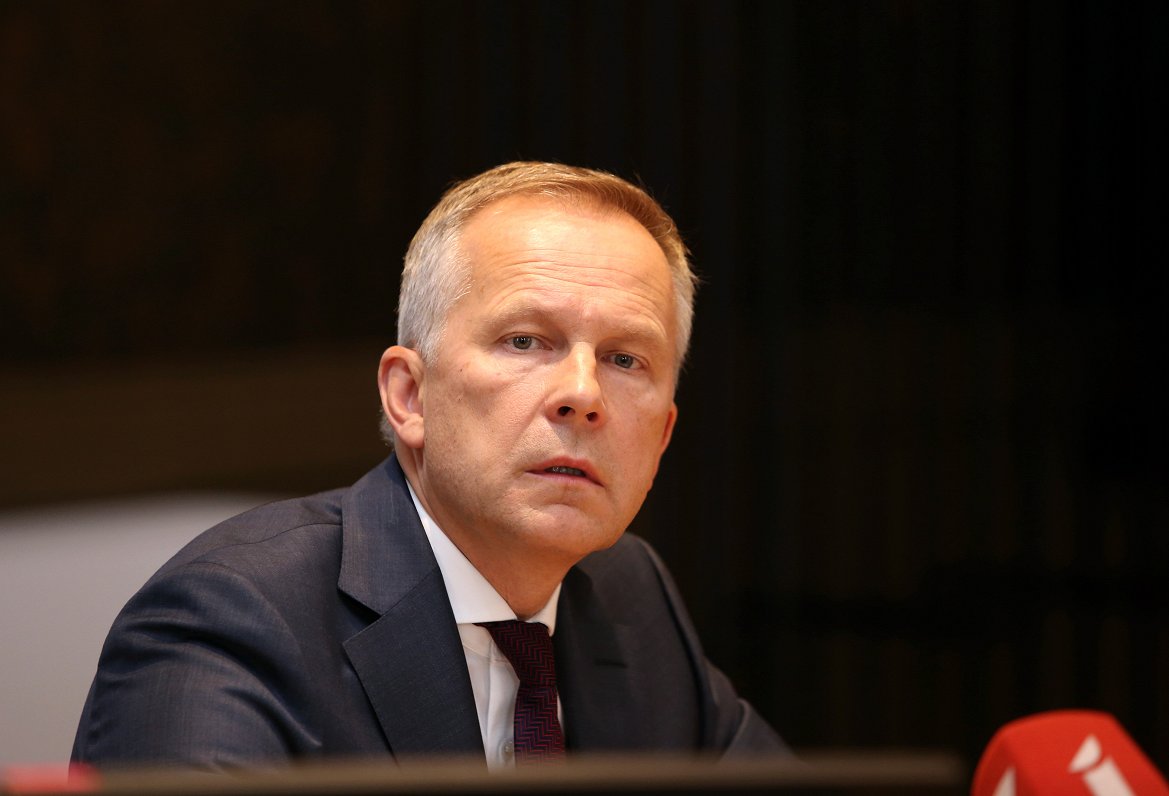In a landmark verdict, Latvia’s former central bank governor, Ilmārs Rimšēvičs, was sentenced to six years in prison for bribery. This verdict marks a major turning point in the Baltic nation’s struggle to combat a series of financial scandals and crack down on illicit Russian money laundering.
Rimšēvičs, governor from 2001 to 2019, was found guilty of accepting bribes and a luxurious fishing trip to Russia from shareholders of a defunct bank. This conviction is just the tip of the iceberg in a wider web of corruption that has plagued Latvia and neighboring Estonia in recent years.
A Trail of Tarnished Deposits:
Latvia’s financial system in the 2010s was heavily reliant on “non-resident deposits,” mostly from Russia and ex-Soviet states. This influx of opaque funds fueled concerns about money laundering and criminal activities. The 2018 closure of ABLV, Latvia’s third-largest bank, accused of aiding North Korea’s weapons program, was a stark wake-up call.
Rimšēvičs’s Controversial Stand and Fall:
Rimšēvičs’s efforts to clean up the financial system and increase transparency made him a target. He vehemently denied the bribery charges, claiming they were orchestrated by banks he cracked down on. His fight for immunity within the European Central Bank added another layer of intrigue to the saga.
A Turning Point for Latvia:
The Rimšēvičs case sends a powerful message that Latvia is serious about tackling corruption and financial crime. The dramatic drop in non-resident deposits from over half to less than a fifth in recent years is a testament to this commitment.
Beyond Latvia: Echoes in Poland:
The ripples of this case extend beyond Latvia. Poland’s central bank has even sought the European Central Bank’s intervention to prevent the ousting of its governor by the new Prime Minister, Donald Tusk.
Latvia’s journey to financial transparency is far from over. However, the jailing of its former central bank chief marks a significant step in the right direction. The fight against illicit money and the quest for a clean financial system continue, not just for Latvia, but for the entire Baltic region.



